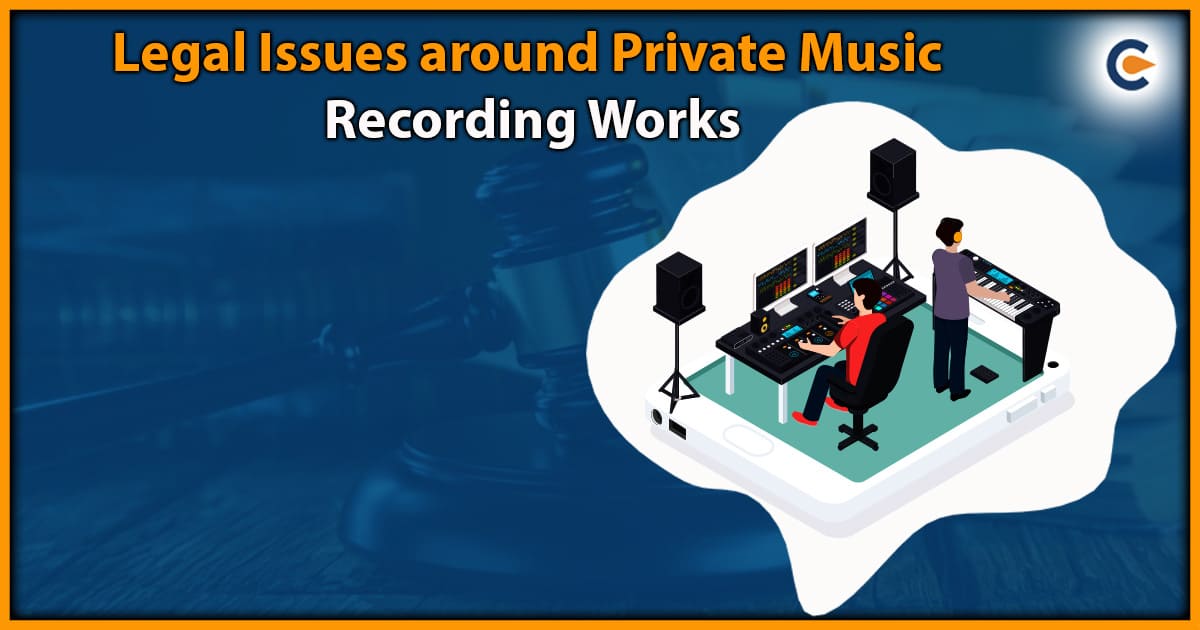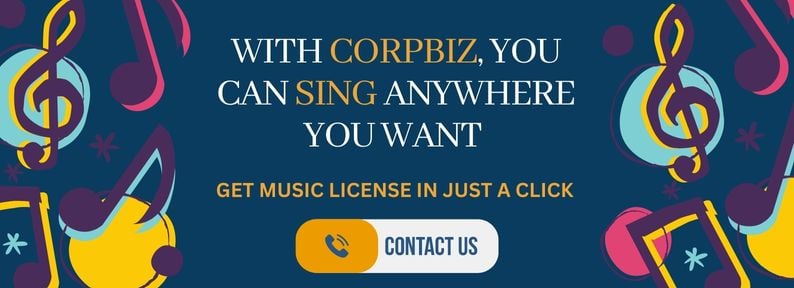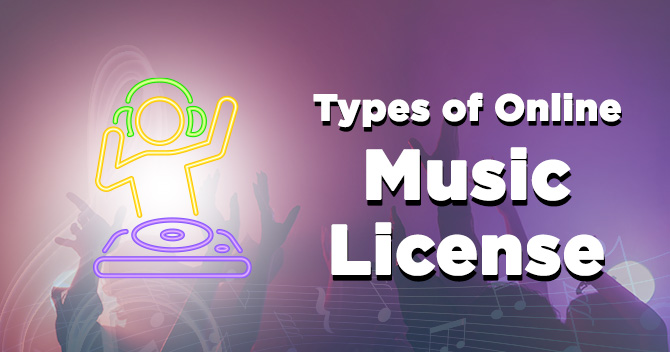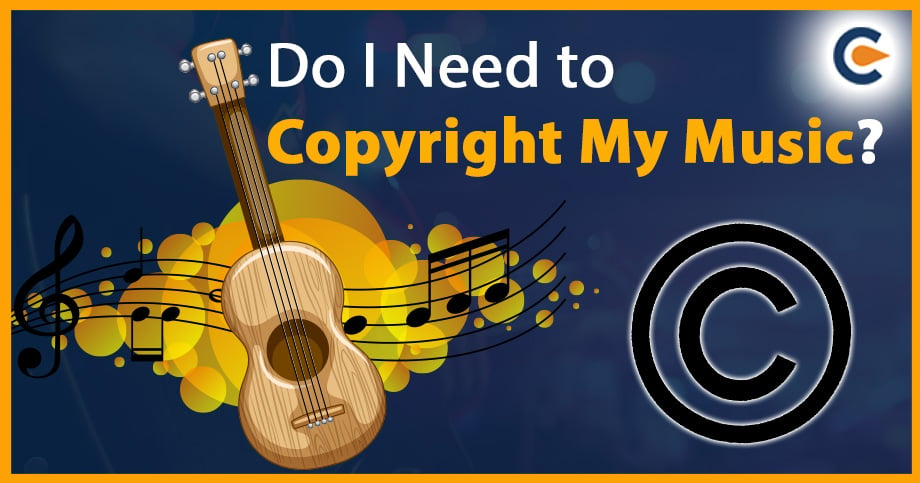In the digital age, Private Music Recording has become increasingly popular among musicians, offering an exciting avenue for creative expression and sharing music with the world. With advancements in technology, artists now have the ability to create high-quality recordings from the comfort of their own homes, bypassing the need for expensive professional studios. This has democratized the music industry, allowing artists of all backgrounds and genres to produce and distribute their musical works on their own terms. Private Music Recording in home offers a range of benefits to musicians, including the freedom to explore their creativity without limitations, maintain control over their artistic process, and work at their own convenience. It provides a private and comfortable environment where musicians can experiment, make mistakes, and capture authentic performances. Moreover, home recording is a cost-effective alternative to traditional studio sessions, enabling artists to allocate their resources more efficiently.
However, engaging in Private Music Recording also requires a deep understanding of the legal considerations involved. Copyright laws, licensing, permissions, and fair use guidelines must be navigated responsibly to ensure compliance and protect the rights of creators and copyright holders. By respecting these legalities, musicians can avoid potential legal troubles and focus on the joy of creating and sharing their music.
In this blog, we will delve into the various aspects of Private Music Recording in home. We will explore the benefits of home recording, the legal considerations that artists must be aware of, and strategies for sharing and distributing recordings effectively. Whether you are a seasoned musician looking to explore a new recording approach or an aspiring artist seeking to share your music with the world, this blog will provide valuable insights and guidance to help you navigate the realm of private home recording. So, let’s dive in and discover the joy of capturing and sharing your musical creations from the comfort of your own home.
The Joy of Private Home Recording:
1. Unleashing Creativity:
Private Music Recording in home provides a platform for musicians to unleash their creativity and explore their musical ideas without limitations. In a home recording setup, artists have the freedom to experiment with different instruments, sounds, and recording techniques. This creative freedom allows for the development of a unique musical identity and the exploration of unconventional approaches that may not be possible in a professional studio setting.
2. Control and Autonomy:
Recording music at home empowers artists with complete control over their creative process. From song writing to arranging, performing, and producing, every aspect of the recording can be tailored to the artist’s vision. This level of autonomy allows for greater artistic expression and the ability to fine-tune every detail of the recording to achieve the desired sound.
3. Flexibility and Convenience:
Home recording offers unparalleled flexibility and convenience. Musicians can work on their projects at any time, day or night, without being bound by studio schedules or time constraints. This flexibility is especially beneficial for artists with busy schedules or other commitments. It enables them to work on their music at their own pace, ensuring that the creative process remains enjoyable and fulfilling.
4. Privacy and Comfort:
Recording music in the comfort of one’s own home provides a private and comfortable environment for artists to express themselves. Without the pressure of an audience or the presence of strangers, musicians can experiment, make mistakes, and explore their artistic boundaries without inhibition. This relaxed setting often leads to more authentic and emotionally charged performances, enhancing the overall quality of the recorded music.
5. Cost-Effective:
Traditional studio recording sessions can be expensive, making them inaccessible for many aspiring artists. Private Music Recording in home eliminates the high costs associated with renting professional studios, hiring engineers, and session musicians. With a modest investment in recording equipment and software, artists can create studio-quality recordings without breaking the bank. This cost-effectiveness allows musicians to allocate their resources towards other aspects of their musical journey, such as promotion or live performances.
6. Collaborative Opportunities:
Private Music Recording in home also opens up collaborative opportunities for musicians. Artists can invite fellow musicians, friends, or even virtual collaborators to contribute to their recordings, regardless of geographical limitations. This collaborative aspect adds richness and diversity to the music, while also fostering connections and creative partnerships within the musical community[1].
In conclusion, Private Music Recording in home offers musicians the joy of creative freedom, control, flexibility, and cost-effectiveness. It allows artists to explore their musical ideas, experiment with different techniques, and create authentic and personalized recordings. With advancements in technology, the possibilities for home recording continue to expand, providing a vibrant and accessible avenue for musicians to express their artistry and share their music with the world.
Legal Considerations:
1. Copyright and Intellectual Property Rights:
When engaging in Private Music Recording in home, it is essential to have a clear understanding of copyright and intellectual property laws. Copyright protects original musical works, including compositions, lyrics, and recordings, granting exclusive rights to the creator. It is crucial to respect the copyrights of others by obtaining proper permissions and licenses for any copyrighted material used in your recordings.
2. Licensing and Permissions:
To ensure compliance with copyright laws, artists should obtain licenses and permissions for any copyrighted material they incorporate into their recordings. This includes samples from other songs, cover versions of existing songs, or any other copyrighted elements. Various organizations and licensing agencies can assist in obtaining the necessary permissions and licenses, providing legal frameworks for using copyrighted material.
3. Fair Use and Creative Commons:
Understanding the concept of fair use can provide some flexibility in using copyrighted material in your recordings. Fair use allows limited use of copyrighted material without permission for purposes such as commentary, criticism, teaching, or research. However, the application of fair use is subjective and can vary depending on the jurisdiction and specific circumstances. It is advisable to consult with legal professionals to ensure compliance with fair use guidelines.
Additionally, Creative Commons licenses offer a way for artists to share their work while granting specific permissions to others. Artists can choose to release their music under Creative Commons licenses, allowing others to use, remix, or distribute their recordings under certain conditions specified by the license. Familiarize yourself with the different types of Creative Commons licenses to understand the permissions and restrictions associated with each.
4. Privacy and Data Protection:
When sharing your recordings online, consider privacy and data protection regulations. Ensure that you have the necessary consent from any individuals involved in the recording process, such as session musicians or featured vocalists. Be mindful of sharing personal information and sensitive data when interacting with online platforms, and familiarize yourself with their privacy policies to protect your rights and the rights of others.
5. Performance Rights and Royalties:
If your recordings include original compositions, it’s essential to understand performance rights and royalties. When your music is publicly performed, whether through live performances, radio airplay, or streaming platforms, you may be entitled to royalties. Registering your compositions with a performing rights organization (PRO) ensures that you receive appropriate compensation for the use of your music.
Private Music Recording in home of musical works offers immense creative potential, but it must be approached with a strong understanding of the legal considerations involved. Respecting copyright, obtaining proper licenses and permissions, understanding fair use and Creative Commons, and being aware of privacy and data protection regulations are all crucial steps in ensuring that your home recordings are compliant and legally protected. By navigating these legal considerations responsibly, you can confidently share your music with the world while safeguarding your rights as an artist.
Sharing and Distribution:
1. Online Platforms:
The internet has provided musicians with numerous platforms to share and distribute their recorded music to a wide audience. Websites and platforms such as SoundCloud, Bandcamp, YouTube, and social media platforms like Facebook and Instagram offer spaces for artists to showcase their work. These platforms allow you to upload your recordings, create profiles, engage with fans, and build a following. It’s important to familiarize yourself with the terms of service, guidelines, and copyright policies of these platforms to ensure compliance and protect your rights.
2. Streaming Services:
Streaming services like Spotify, Apple Music, Amazon Music, and others have become popular channels for music consumption. Getting your recordings on these platforms can significantly expand your reach and potentially generate income through streaming royalties. To distribute your music on streaming services, you can work with digital distributors or music aggregators. These services help you upload your music, manage metadata, and handle royalty collection. They often require agreements and fees, so research and choose a distributor that suits your needs and goals.
3. Physical Distribution:
While digital distribution dominates the music industry, physical distribution remains relevant for some artists. Physical formats such as CDs, vinyl records, and merchandise can provide a tangible connection with fans and collectors. You can consider producing physical copies of your recordings, either independently or through partnerships with record labels or distribution companies. However, physical distribution requires additional considerations, including manufacturing, inventory management, and shipping logistics.
4. Licensing and Sync Opportunities:
Apart from direct distribution, licensing your recordings for various purposes can be a valuable opportunity. Sync licensing involves placing your music in films, TV shows, commercials, video games, or other media. Companies specializing in music licensing, as well as sync platforms and libraries, can connect you with potential licensing opportunities. This avenue not only generates income but also exposes your music to broader audiences and can lead to new fans and opportunities.
5. Live Performances and Local Networks:
While recording is essential, live performances remain a vital aspect of a musician’s career. Sharing your music through live shows, gigs, and concerts allows for a direct and personal connection with your audience. Building a local network by collaborating with other artists, performing at local venues, and participating in community events can help you gain visibility and expand your fan base.
6. Building an Online Presence:
In addition to sharing your recordings on various platforms, it’s important to build a strong online presence as an artist. Create a professional website or blog where you can showcase your recordings, share updates, and engage with your audience. Utilize social media platforms to connect with fans, share behind-the-scenes content, and promote your music. Building a strong online presence helps you establish a loyal fan base and increases the chances of your recordings being discovered by a wider audience.
7. Collaborations and Networking:
Collaborating with other musicians and industry professionals can significantly expand your reach and opportunities for sharing your home recordings. Seek out collaborations with like-minded artists, whether it’s for joint recordings, guest features, or remixes. Networking within the music industry, attending conferences, joining online communities, and participating in music-related events can also lead to valuable connections and exposure for your recordings.
8. Promotion and Marketing:
While sharing your recordings is important, actively promoting and marketing your music is equally essential. Develop a marketing strategy that includes targeted online advertising, email newsletters, press releases, and contacting music bloggers or local media outlets for potential coverage. Engage with your fans through contests, giveaways, and exclusive content to generate excitement and word-of-mouth buzz around your recordings.
9. Monitoring and Analytics:
Utilize available analytics tools and data provided by streaming platforms and social media to gain insights into your audience, track the performance of your recordings, and understand which platforms or promotional efforts are most effective. This information will help you make informed decisions and adjust your distribution and marketing strategies accordingly.
10. Copyright Protection and Registration:
To protect your recordings and assert your rights as an artist, consider registering your original works with the relevant copyright authorities in your jurisdiction. Copyright registration strengthens your legal standing in case of infringement and ensures that you can enforce your rights if necessary. Keep records of the creation dates, versions, and any relevant documentation related to your recordings to establish proof of ownership.
Sharing and distributing your home recordings requires a multi-faceted approach that encompasses online platforms, streaming services, physical distribution, licensing opportunities, live performances, building an online presence, collaborations, promotion, and copyright protection. By strategically utilizing these avenues and adapting to the evolving music landscape, you can effectively share your music with the world, connect with your audience, and advance your artistic career. Remember to stay informed about the latest trends, technologies, and legal considerations to maximize the impact and success of your home recordings.
Conclusion
Private Music Recording in home of musical works is a gateway to creativity, allowing musicians to explore their artistic vision, unleash their talent, and connect with audiences worldwide. However, it is crucial to navigate the legal considerations, such as copyright, licensing, and permissions, to protect your work and respect the rights of others. Understanding fair use, Creative Commons licenses, and privacy regulations further enhances your ability to share your music responsibly.
With the proliferation of online platforms, streaming services, and digital distribution channels, musicians have unprecedented opportunities to share their home recordings and reach a global audience. It is important to leverage these platforms effectively, build an online presence, engage in collaborations, and actively promote your music to maximize visibility and opportunities. While sharing your music digitally is essential, live performances and local networking play a vital role in building a fan base and establishing connections within the music industry. By combining online and offline strategies, you can create a well-rounded approach to sharing and distributing your home recordings.
Throughout this journey, it is crucial to remain adaptable, stay informed about industry trends, and constantly refine your craft. By balancing creativity, legal awareness, strategic distribution, and effective promotion, you can embark on a fulfilling musical career, reaching listeners and making a lasting impact with your home recordings.
Read our Article:Do I Need To Copyright My Music?












